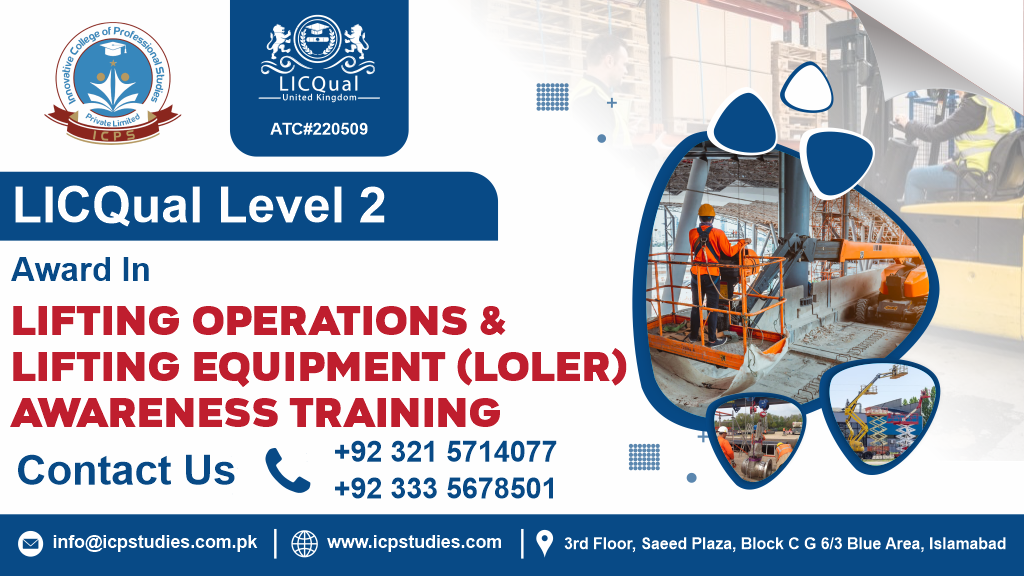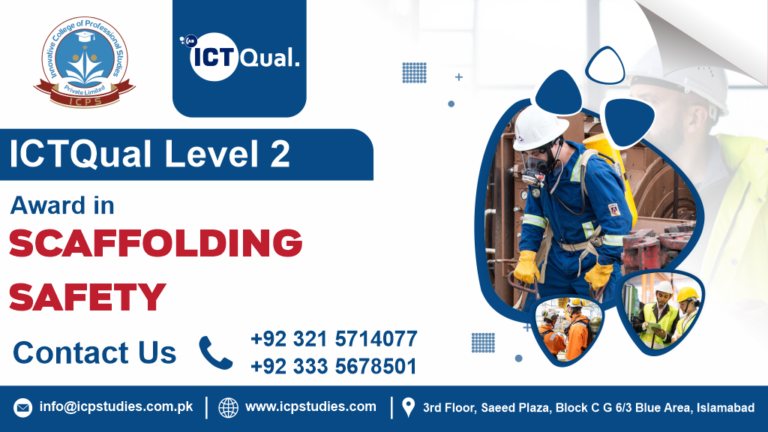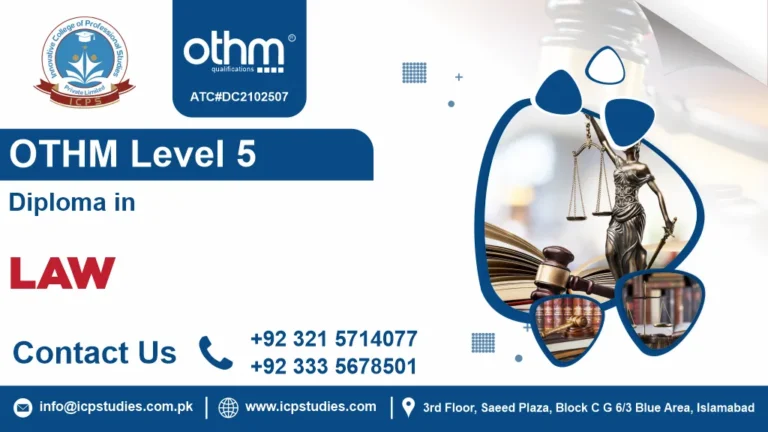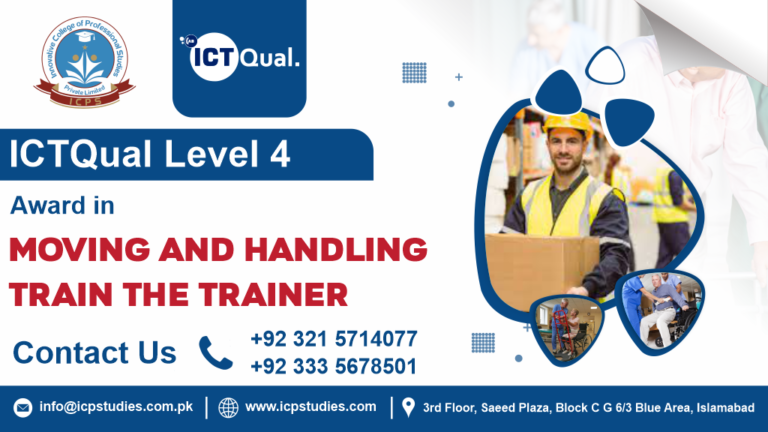In any workplace where lifting operations and equipment are utilized, safety is paramount. From construction sites to manufacturing facilities, ensuring that lifting operations are conducted with precision and caution is essential to prevent accidents and protect both workers and property. This is where the Level 2 Award in Lifting Operations & Lifting Equipment (LOLER) Awareness Training comes into play, serving as a crucial tool in promoting safety and compliance.
The Level 2 Award in LOLER Awareness Training provides participants with a comprehensive understanding of LOLER regulations and their practical application in the workplace. This training equips individuals with the knowledge and skills necessary to identify potential hazards associated with lifting operations and take appropriate measures to mitigate risks.
In an increasingly competitive and regulated business environment, investing in LOLER Awareness Training is not just a legal requirement but a strategic imperative. By equipping employees with the knowledge and skills to ensure safe lifting operations, organizations can protect their most valuable assets—their people—and safeguard their reputation and bottom line. In today’s dynamic workplace, safety is not just a priority—it’s a prerequisite for success.
All About Level 2 Award in Lifting Operations & Lifting Equipment (LOLER) Awareness Training
Course Overview
The Level 2 Award in Lifting Operations & Lifting Equipment (LOLER) Awareness Training is a structured program designed to provide individuals with the necessary knowledge and skills to understand and implement the requirements of LOLER regulations effectively. LOLER, which stands for the Lifting Operations and Lifting Equipment Regulations, is a set of regulations established in the United Kingdom to ensure the safe use of lifting equipment in various industries.
The Level 2 Award in LOLER Awareness Training typically involves a combination of classroom instruction, practical exercises, and assessments to ensure that participants acquire the necessary knowledge and skills. Upon successful completion of the training program, participants may receive a recognized qualification or certification, demonstrating their competency in LOLER compliance and safe lifting practices.
Level 2 Award in LOLER Awareness Training plays a crucial role in promoting workplace safety, reducing the risk of accidents and injuries, and ensuring compliance with regulatory requirements in industries where lifting operations are common.
Study Units
To enroll in the Level 2 Award in Lifting Operations & Lifting Equipment (LOLER) Awareness Training, candidates should meet the following entry requirements:
- No Formal Prerequisites: There are no specific prerequisites, making the course accessible to all interested participants.
- Basic Understanding of Lifting Operations: Familiarity with basic lifting equipment and operations is beneficial but not mandatory.
- Age Requirement: Participants must be at least 16 years old.
- Language Proficiency: Proficiency in the language of instruction is necessary for effective comprehension of course materials.
- Commitment to Learning: A willingness to engage with the course content and apply knowledge of lifting operations.
These requirements ensure that candidates are prepared to effectively participate in the course and gain essential awareness of lifting operations and equipment.
The Level 2 Award in Lifting Operations & Lifting Equipment (LOLER) Awareness Training course is designed for:
- Lifting Operations Personnel: Individuals involved in lifting tasks who need to understand LOLER regulations.
- Supervisors and Managers: Staff overseeing lifting operations who require awareness of safety standards and practices.
- Health and Safety Officers: Professionals focused on ensuring compliance with lifting equipment regulations.
- Site Workers: Employees in construction or industrial settings looking to enhance their understanding of lifting operations.
- New Entrants: Those new to the industry seeking foundational knowledge in lifting equipment and safety.
Learning Outcomes
- Lifting Equipment Operators: Individuals who operate cranes, forklifts, hoists, winches, and other types of lifting equipment as part of their job responsibilities. This includes both novice operators seeking foundational knowledge and experienced operators looking to refresh their skills and stay up-to-date with industry best practices.
- Supervisors and Managers: Professionals who oversee lifting operations and are responsible for ensuring compliance with LOLER regulations in their workplace. This includes site supervisors, team leaders, project managers, and safety officers who play a crucial role in managing and coordinating lifting activities.
- Safety Personnel: Health and safety professionals, including safety officers, advisors, coordinators, and inspectors, who are tasked with assessing risks, implementing safety measures, and conducting audits to promote a safe working environment. LOLER Awareness Training equips safety personnel with the knowledge and tools necessary to identify potential hazards and enforce compliance with regulatory requirements.
- Maintenance and Inspection Personnel: Technicians, engineers, and maintenance personnel responsible for inspecting, maintaining, and servicing lifting equipment. This course provides essential guidance on conducting thorough examinations, identifying defects, and ensuring that lifting equipment remains in safe working condition.
- Construction and Industrial Workers: Employees working in construction, manufacturing, logistics, warehousing, and other industries where lifting operations are common. This includes riggers, signalers, warehouse operatives, and tradespeople who may encounter lifting equipment as part of their daily tasks.
- Health and Safety Representatives: Employee representatives or union members who advocate for workplace safety and represent the interests of workers in matters related to lifting operations and equipment safety.
- Employers and Business Owners: Individuals responsible for the overall management and operation of businesses where lifting operations take place. Employers benefit from LOLER Awareness Training by ensuring that their workforce is adequately trained to prevent accidents, protect personnel, and maintain legal compliance.
In summary, the Level 2 Award in LOLER Awareness Training is suitable for a wide range of professionals and employees who have a vested interest in promoting workplace safety, mitigating risks associated with lifting operations, and complying with LOLER regulations. Whether individuals are directly involved in lifting operations or have supervisory, managerial, or safety responsibilities, this course equips them with the necessary knowledge and skills to contribute to a safe and productive work environment.
FAQs about Level 2 Award in Lifting Operations & Lifting Equipment (LOLER) Awareness Training






